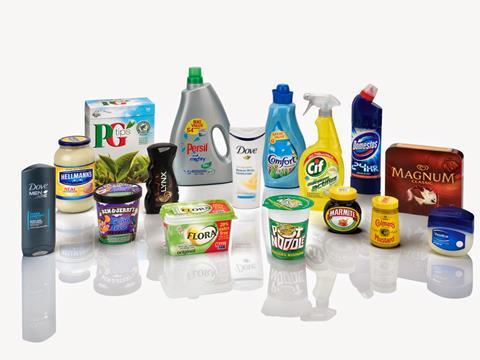
Attempts by Unilever to “sharpen” its strategy amid sluggish growth failed to impress investors yesterday (The Times £). Unilever plans to reshape its business to focus on fast-growing markets such as plant-based foods, beauty products and nutritional supplements and increase its appeal to younger consumers (The Financial Times £).
Life in lockdown led to a slump in sales of Unilever’s beauty products, hair gel and deodorant as customers were confined to their homes. (The Daily Mail)
Unilever has said expanding its range of plant-based foods is one of its new strategic priorities as the FTSE 100 company zooms in on the fastest-growing consumer markets. (The Guardian)
Sky News’ Ian King writes that Unilever has left shareholders cold despite COVID crisis wins. “Some investors had also, perhaps, expected a ‘big bang’ announcement. There has been speculation Unilever may ultimately hive off its slower-growing food and refreshment business to focus on beauty and personal care and hygiene.” (Sky News)
The FT’s Lex column writes: “Risks of further margin compression remain. Additional pandemic costs will not disappear until the virus does. Residual frugality will remain even longer, implying continued lower-margin trading and more competitive pricing… Shoppers may be spending more on soap and bleach, but it is too soon for investors to add this staple to portfolios.” (The Financial Times £)
Compass has apologised for the poor quality of its school lunch hampers and said it would cover the cost of free meals to children over half term (The Telegraph). The chief executive of Compass Group sought to draw a line yesterday under its recent school meals debacle by reiterating its apologies “to everyone who has been affected” (The Times £). The catering company at the centre of a row over meagre free school meal parcels for schoolchildren has apologised again and will cover the cost of meals over February half-term (The Guardian). The company behind the controversial free school meals that sparked an outcry in January has apologised again (The BBC).
The FT’s Lombard column writes: “While contract wins from weakened competitors offer some scope for upgrades, Compass’s organic growth has tended to track global GDP and unemployment rates. All that’s in its power for the moment is to improve profitability — with the Chartwells fiasco providing a timely reminder of what can happen if standards slip.” (The Financial Times £)
The Department for Education was “surprisingly unconcerned” with suspected large profits made by a private contractor at the centre of a free school meals fiasco and failed to reduce the costs, parliament’s spending watchdog has concluded (The Guardian). The Department for Education was “surprisingly unconcerned” about whether a private company was profiting from providing free school meal vouchers, MPs have warned (Sky News).
Livestock and live shellfish exports from the UK to mainland Europe are at a standstill as producers struggle with post-Brexit transport conditions. (The Guardian)
Cadbury brings most Dairy Milk production back to Bournville. Returning most Dairy Milk output to Birmingham comes 115 years after the chocolate bar was first made at the famous factory. (The Telegraph)
Meat supplier Cranswick has said Britons’ growing propensity for eating meals at home continued to benefit them over the autumn and festive seasons. (The Daily Mail)
Global food prices have reached their highest in almost seven years, further raising the spectre of food inflation and hunger at a time when the Covid-19 pandemic continues to hit economies around the world. (The Financial Times £)
Kirin will end its brewing joint ventures with ties to Myanmar’s army after the Japanese company denounced the coup that overthrew Aung San Suu Kyi’s government as against its human rights policy (The Financial Times £). Japanese beer giant Kirin said it is pulling out of a partnership in Myanmar which it runs with a conglomerate linked to the country’s military (The BBC).
Up to 87 million pints of beer will be thrown away as a result of pub closures during Covid lockdowns around the UK, an industry body has calculated. The British Beer and Pub Association called the waste - equivalent to £331m in sales - “heartbreaking”. (The BBC)
Amazon plans to create more than 1,000 full-time apprenticeships in Britain this year (The Times £, Sky News).
Australian farmers have warned that the country’s trade dispute with China and supply chain disruptions linked to the coronavirus pandemic will cost the industry $28bn over the next decade. (The Financial Times £).







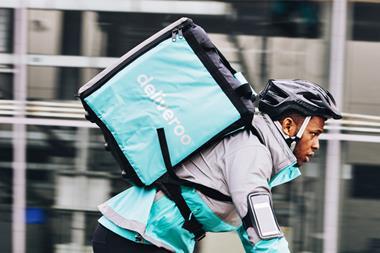
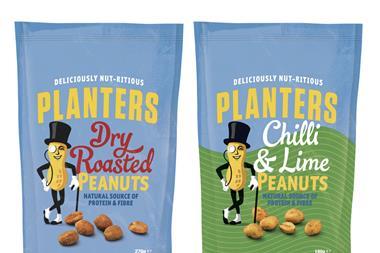
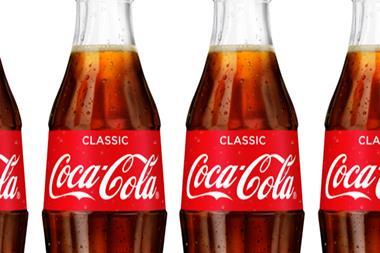
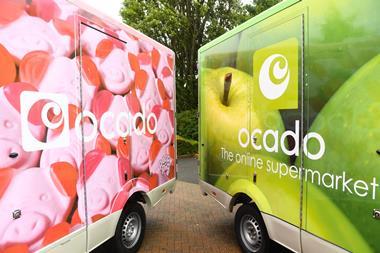
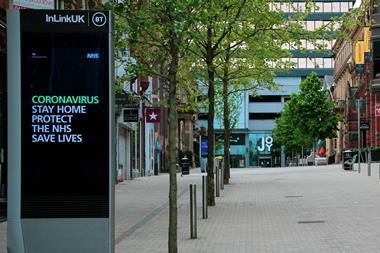
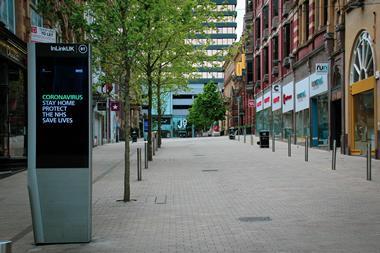
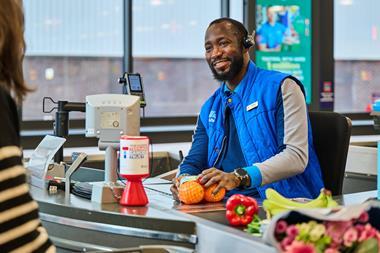

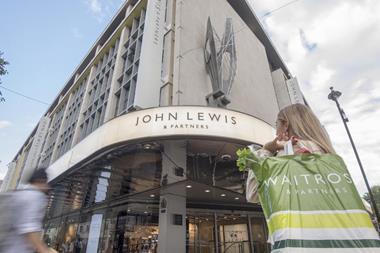
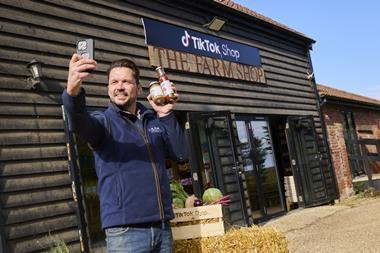
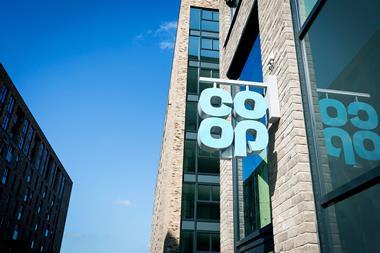
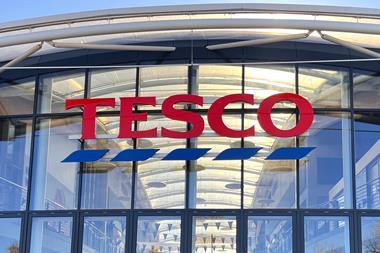
No comments yet